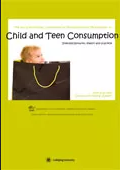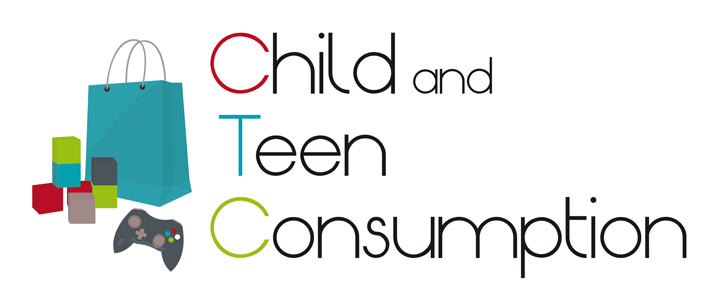
The 4th International Child and Teen Conference was held from the 21-23 June 2010 and was hosted by Linköping University in Sweden.
This conference aimed to establish and continue a dialogue between specialists from a variety of academic disciplines in order to explore the phenomenon of children and teens as consumers in today’s society.
During the two and half days, research was presented on children’s and young people’s position in today’s consumer society, how children and youth develop their consumer competences and consumer socialization in general. Emphasis was on creating an inter- and multi-disciplinary discussion uniting ideas from historical, sociological, managerial and other social science perspectives.
The more specific aim of this year’s conference was to strengthen the interdisciplinary approach of the conference by arranging sessions more thematically. The aim was to explore and stress the conflicts within the field, question the linearity of consumption and highlight the double sidedness of child and youth consumption. In this way we hoped to create meeting points in single sessions between theory, methodology, regulations and everyday practices. A second approach was to highlight and put focus on theoretical issues such as class, gender, ethnicity and consumer/marketing theories within consumption research. These perspectives were established through the keynote speakers and they were elaborated on further and ran as a continuum through different sessions, individual papers as well as in coffee and evening discussions.
Themes of the conference:
• Competence and incompetence – Children in a consumption society
• State regulation NGO and the self-regulating market – Children, youth and consumerism
• Advertising for, and, or with children and youth
• Capitalism – The commodification of play
• Postmodernism and media consumption
• Globalization, regionalization and individualization in consumption practices
• Educating children/youth or the market?
• Creating consumer citizens – liberation or manipulation?
• Branding the market or branding children and youth?
• What is new about new media in consumer society?
• Age and consumption – Growing up a consumer
• Addressing young people – Is it possible for the market to grow up?
• Consuming tradition or changing the future?
• Children’s bodies and consumption
• Obesity – is food consumption a child or family issue?
• Food stuff – the meaning of representation
• Consuming sustainable consumption
• Victims or heroes? – young people’s consumption
• Newly published books
The keynote speakers covered issues of consumption theory, consumption in relation to gender, class, ethnicity with focus on children and youth.
For further information: http://www.tema.liu.se/tema-b/ctc2010?l=en

